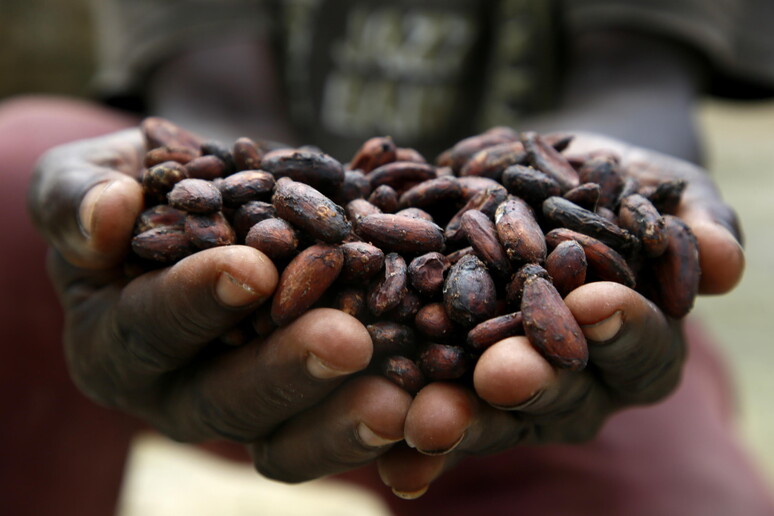On Monday, the United Nations Trade and Development Agency (UNCTAD) urged U.S. President Donald Trump’s administration to exclude the poorest economies and from reciprocal tariffs, as they would “have minimal impact on U.S. trade policy objectives.”
Last April 9, President Trump imposed tariffs on 57 trading partners, including the European Union, and then suspended them a few hours later for 90 days. As reported by Reuters, UNCTAD said such a pause should be a critical time to consider exemptions for vulnerable small economies and the least developed countries “from tariffs that offer little to no advantage for U.S. trade policy while potentially causing serious economic harm abroad.”
In a background report, the agency says some of the countries listed among the 57 trading partners threatened by reciprocal tariffs above 10 percent “are very small and/or economically poor, with very low purchasing power.”
UNCTAD further explained that for 36 of the listed states, the new duties would generate less than 1 percent of current U.S. tariff revenue. The agency subsequently identified 28 nations on which President Trump has imposed tariffs higher than the basic 10 percent, despite each of them accounting for less than 0.1 percent of the U.S. trade deficit.
These include Laos, which is expected to face a 48 percent tariff, Mauritius, with 40 percent, and Myanmar, which will be hit with 45 percent.
Most of these countries export agricultural products that are not grown in the United States and for which there are few substitutes. Examples of these products include vanilla from Madagascar and cocoa from the Ivory Coast and Ghana.
Economists agree that increasing tariffs on these products, while generating revenue, will inevitably lead to higher prices for U.S. consumers.












